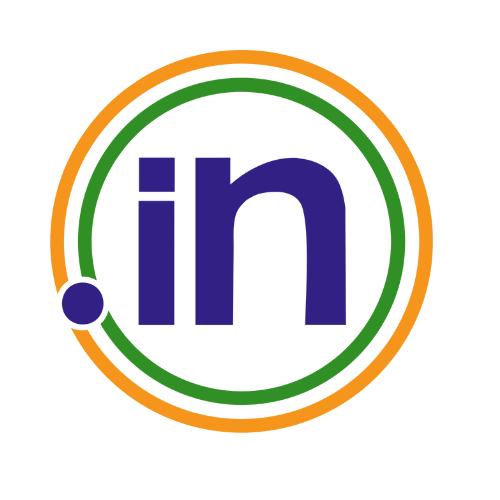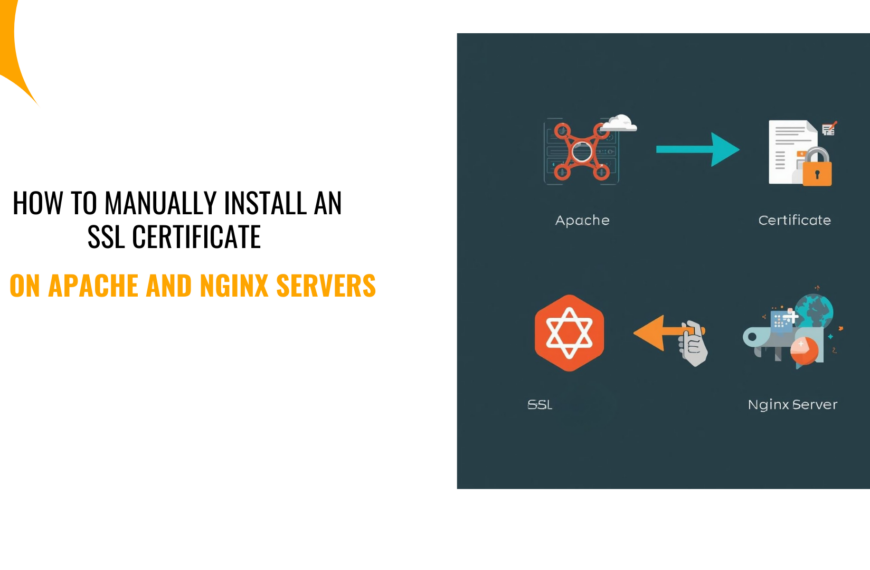Technology has made learning more accessible, but it has also created new ways for students to cheat.
Today’s students don’t just copy answers from textbooks or peers — they use online platforms, AI tools, and even paid services to complete their assignments.
As a professor, it’s essential to stay ahead of these trends to ensure fair assessments and maintain academic integrity.
In this guide, you’ll learn about the most popular cheating websites, how students misuse them, and how to prevent academic dishonesty in your courses.
Websites Like Chegg
1) Course Hero
Course Hero is marketed as a study resource where students can find lecture notes, textbook solutions, and past exams.
However, it is widely misused as a place to access previous assignments, tests, and answer keys.
How Students Cheat on Course Hero
- Searching for solutions to assignments that have been posted by previous students.
- Downloading past exams, quizzes, and homework with correct answers.
- Uploading their coursework to unlock access to more content.
How Professors Can Counter It
- Search for your own materials on Course Hero. Simply enter key phrases from your tests or assignments to see if they have been posted.
- File DMCA takedown requests if you find your intellectual property being shared without permission.
- Modify exams and homework each semester to prevent students from recycling answers.
Some students rename or slightly modify documents before uploading them to Course Hero.
If you suspect this, use plagiarism detection software to track similar content.
2) Chegg
Chegg offers textbook solutions and 24/7 expert Q&A support.
While it can be a helpful study tool, many students misuse it to get answers instead of actually learning.
How Students Cheat on Chegg
- Copying step-by-step solutions from Chegg Study instead of solving problems themselves.
- Posting exam or quiz questions to get instant answers from tutors.
- Using Chegg Writing to generate essays and reword plagiarized content.
How Professors Can Counter It
- Request academic integrity investigations from Chegg. If you suspect a student posted your exam questions, you can request information about who uploaded them.
- Use AI detection tools to flag content copied from Chegg Study.
- Require students to show their work and justify their answers.
3) Studocu
Studocu allows students to upload and download lecture notes, past assignments, and even entire research papers.
While it promotes knowledge sharing, many students use it to find answers for graded work.
How Students Cheat on Studocu
- Downloading previously submitted coursework and reusing it for their assignments.
- Searching for answer keys to tests from different universities.
- Using solved case studies and lab reports as their own work.
How Professors Can Counter It
- Regularly check Studocu for assignments that match your coursework.
- File takedown requests to remove any of your materials.
- Use unique, open-ended questions that are harder to find exact answers for.
4) Brainly
Brainly is a peer-to-peer homework help site where students can post and answer questions.
It’s designed to encourage collaborative learning, but it is widely abused for cheating.
How Students Cheat on Brainly
- Posting quiz and homework questions to get immediate answers.
- Copy-pasting entire solutions without understanding them.
- Using premium features to access expert answers.
How Professors Can Counter It
- Use plagiarism detection tools to flag answers copied from Brainly.
- Create assignments that require personalized responses instead of direct answers.
5) Bartleby
Bartleby is another homework help and writing assistance website similar to Chegg.
It allows students to access textbook solutions, writing assistance, and grammar tools.
How Students Cheat on Bartleby
- Copying homework solutions word-for-word.
- Using Bartleby Writing to generate essays and paraphrase content.
How Professors Can Counter It
- Require handwritten assignments for math and science subjects.
- Look for AI-generated writing patterns in submitted essays.
AI-Powered Websites for Academic Cheating
With AI technology evolving, students now use artificial intelligence to cheat in new ways.
These tools can generate entire assignments, rewrite plagiarized content, and even solve complex equations.
6) ChatGPT & AI Writing Tools
ChatGPT and other AI-powered writing assistants can generate entire essays, code snippets, and problem solutions in seconds.
How Students Cheat with AI Writing Tools
- Generating full essays instead of writing original content.
- Using AI to answer discussion board questions.
- Rewording plagiarized text to bypass plagiarism checks.
How Professors Can Counter It
- Use AI detection tools like GPTZero or Turnitin AI.
- Require in-class writing assignments to verify writing ability.
7) QuillBot – The AI Paraphrasing Tool
QuillBot is an AI-powered paraphrasing tool that rewords content to avoid plagiarism detection.
How Students Cheat with QuillBot
- Copy-pasting plagiarized work and using QuillBot to rewrite it.
How Professors Can Counter It
- Look for odd word choices and unnatural sentence structures in assignments.
- Require students to submit sources for all referenced material.
Helping You Take Back Control
One of the biggest issues professors face is students sharing assignments and exams on public platforms.
To prevent this, educators can host their own private course websites with Truehost’s shared hosting and VPS solutions.
How Truehost Helps
✅ Securely store course materials behind a password-protected website.
✅ Limit student access to assignments to reduce unauthorized sharing.
✅ Create a private discussion forum to prevent students from posting questions on public sites.
 Web HostingBudget-friendly shared hosting plans
Web HostingBudget-friendly shared hosting plans Domains SearchFrom .com to unique country domains, explore and register extensions worldwide.
Domains SearchFrom .com to unique country domains, explore and register extensions worldwide. WordPress HostingPower your blog or business with WordPress hosting.
WordPress HostingPower your blog or business with WordPress hosting. Email HostingSimple, secure email hosting that helps you stay connected and professional.
Email HostingSimple, secure email hosting that helps you stay connected and professional. Reseller HostingStart your own hosting business with easy and reliable reseller hosting plans.
Reseller HostingStart your own hosting business with easy and reliable reseller hosting plans. AffiliateJoin our affiliate program and earn commissions every time you bring in new customers.
AffiliateJoin our affiliate program and earn commissions every time you bring in new customers. cPanel HostingHosting powered by cPanel, the world’s most user-friendly control panel.
cPanel HostingHosting powered by cPanel, the world’s most user-friendly control panel. Windows HostingBuilt for Windows applications and websites
Windows HostingBuilt for Windows applications and websites IN Domain PricesDon’t miss out on the best domain deals in India!
IN Domain PricesDon’t miss out on the best domain deals in India! WHOIS LookupFind out who owns a domain name with a quick and easy WHOIS search.
WHOIS LookupFind out who owns a domain name with a quick and easy WHOIS search. Domain TransferTransfer your domain to us and enjoy reliable support every step of the way.
Domain TransferTransfer your domain to us and enjoy reliable support every step of the way. .Com DomainGet the most trusted domain for worldwide credibility
.Com DomainGet the most trusted domain for worldwide credibility All TldsSearch and register domain extensions worldwide.
All TldsSearch and register domain extensions worldwide. Managed VPS HostingNot a tech expert? Choose our fully managed VPS service.
Managed VPS HostingNot a tech expert? Choose our fully managed VPS service. Dedicated ServersTake full power and total control of your own physical server.
Dedicated ServersTake full power and total control of your own physical server.





